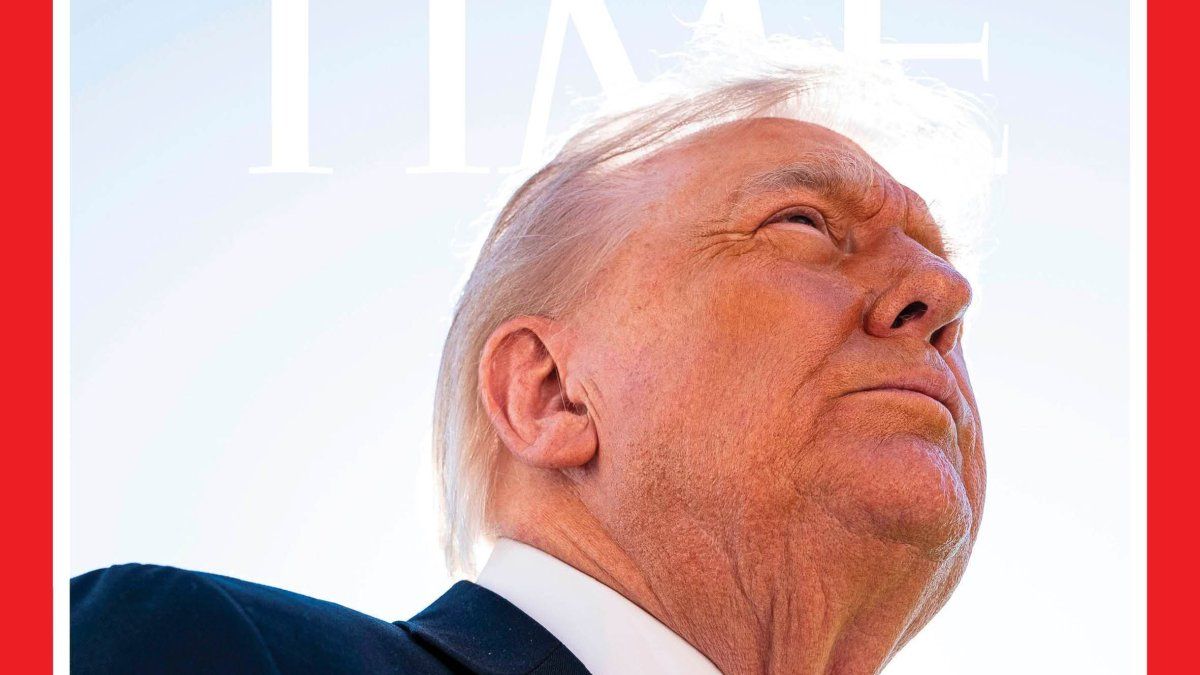The way is clear for the start of EU accession negotiations with Ukraine and Moldova. This should happen as early as next week – but neither in Brussels nor in Kyiv.
The EU accession negotiations with Ukraine and Moldova can begin as planned next Tuesday. The EU Council of Ministers formalized an agreement reached last week on the so-called negotiating framework, as the current Belgian EU Council Presidency announced. These will set out the guidelines and principles for the accession talks. The first round of negotiations will take place on Tuesday in Luxembourg on the sidelines of an EU ministerial meeting.
The basis for the positive decision of the EU states to start negotiations was an analysis by the EU Commission. The Commission came to the conclusion that Ukraine and Moldova had fulfilled all the requirements for starting EU accession negotiations. These included measures to combat corruption, better protect national minorities and limit the political influence of oligarchs.
The start of accession talks with Ukraine, which has been attacked by Russia, and its small neighbouring state of Moldova had already been decided in principle at an EU summit in December. At the same time, however, it was agreed that all reform requirements must be met before negotiations can begin.
For the people of Ukraine, the opening of EU accession negotiations is seen above all as an important sign that it is worth continuing the defensive struggle against Russia. How long it might take after the talks have started until the country joins the EU is completely unclear. Turkey, for example, became an EU candidate in 1999 – and is currently considered further away from membership than all other accession candidates, partly because of setbacks in the rule of law.
Theoretically, a candidate country can never become a member. In the case of Ukraine, it is currently considered impossible that it will become an EU member before the end of the Russian war of aggression. This would mean that Kiev could demand military assistance under Article 42, paragraph 7 of the EU Treaty and the EU would be a party to the war.
Source: Stern
I have been working in the news industry for over 6 years, first as a reporter and now as an editor. I have covered politics extensively, and my work has appeared in major newspapers and online news outlets around the world. In addition to my writing, I also contribute regularly to 24 Hours World.




